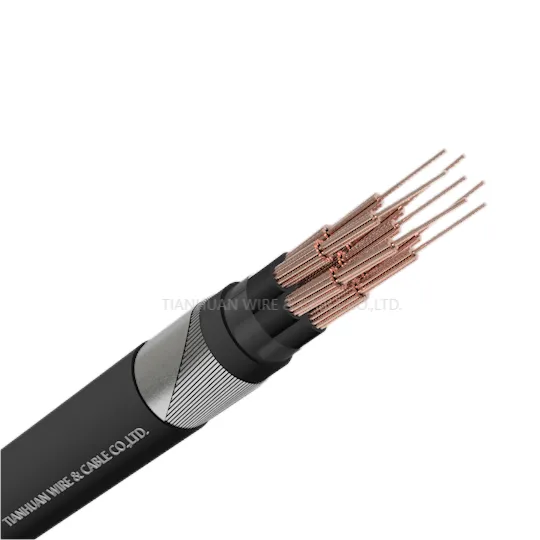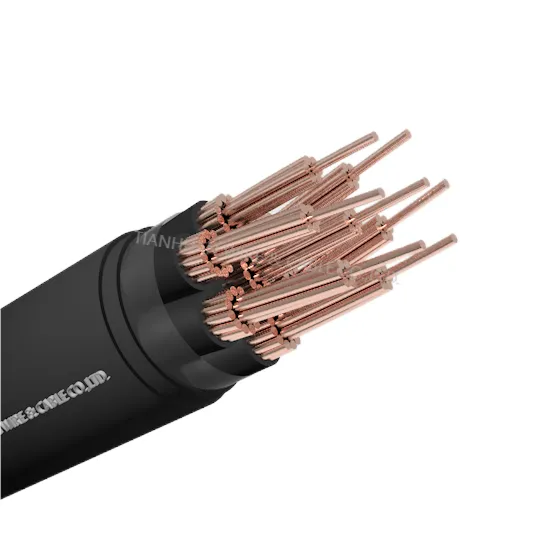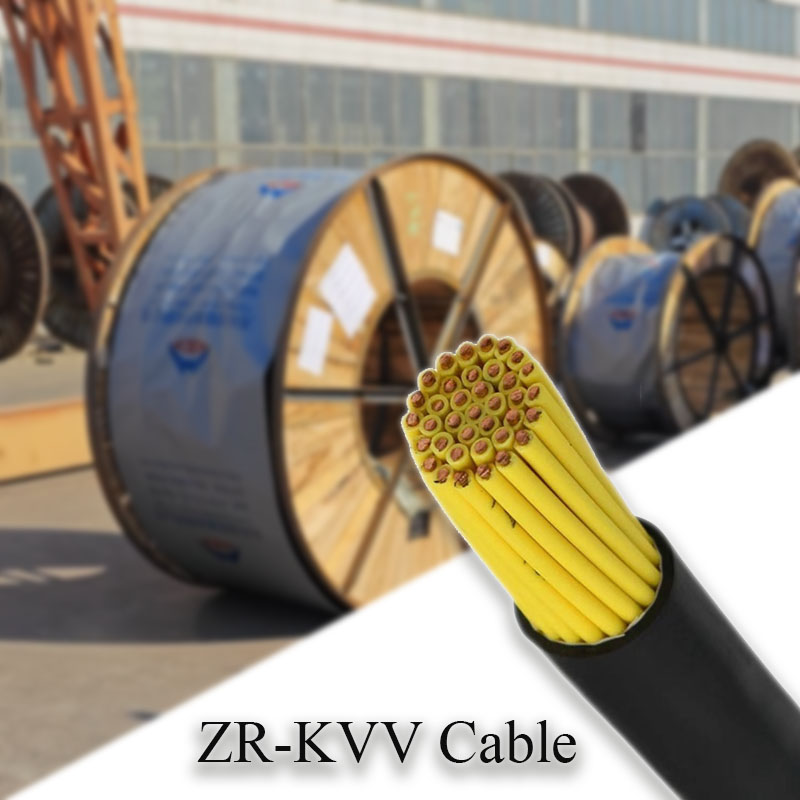БАШКАРУУ КАБЕЛИ
What Is A Control Cable?
A control cable is a type of electrical cable designed for transmitting control signals and electrical power in industrial automation, machinery, and instrumentation applications. These cables are used to connect control panels, sensors, actuators, and other devices to control systems, allowing for the transmission of signals that regulate the operation of machinery and equipmentControl cables are typically constructed with multiple conductors, often individually insulated and color-coded for easy identification. The insulation and sheathing materials used in control cables are chosen to provide protection against electrical interference, mechanical stress, and environmental factors, ensuring reliable signal transmission and durability in industrial settings.Control cables may be used in a wide range of applications, including manufacturing plants, process control systems, conveyor systems, robotics, and other industrial automation environments. They are designed to meet specific industry standards and regulations to ensure safe and reliable operation in industrial control and automation applications.In summary, control cables play a crucial role in industrial automation and control systems, providing the necessary connectivity for transmitting control signals and power to regulate the operation of machinery and equipment.
Is A Control Cable The Same As A Power Cable?
A control cable and a power cable serve different purposes and are designed for distinct applications. While both types of cables are used in electrical systems, they have specific characteristics and functions that differentiate them:
Control Cable:
- A control cable is primarily used for transmitting control signals and low-voltage electrical signals in industrial automation, machinery, and instrumentation applications.
- It is designed to connect control panels, sensors, actuators, and other devices to control systems, allowing for the transmission of signals that regulate the operation of machinery and equipment.
- Control cables are typically constructed with multiple conductors, individually insulated and color-coded for easy identification, and are designed to withstand electrical interference and mechanical stress.
Power Cable:
- A power cable is designed for transmitting electrical power from a power source to electrical equipment, appliances, and machinery.
- It is used to deliver high-voltage or low-voltage electrical power, and is commonly employed in power distribution, building wiring, industrial machinery, and other applications where electrical energy is required.
- Power cables are constructed with conductors capable of carrying higher currents and are insulated and sheathed to provide protection against electrical hazards and environmental factors.
In summary, while both control cables and power cables are essential components of electrical systems, they serve different functions: control cables are used for transmitting control signals, while power cables are used for transmitting electrical power.

















